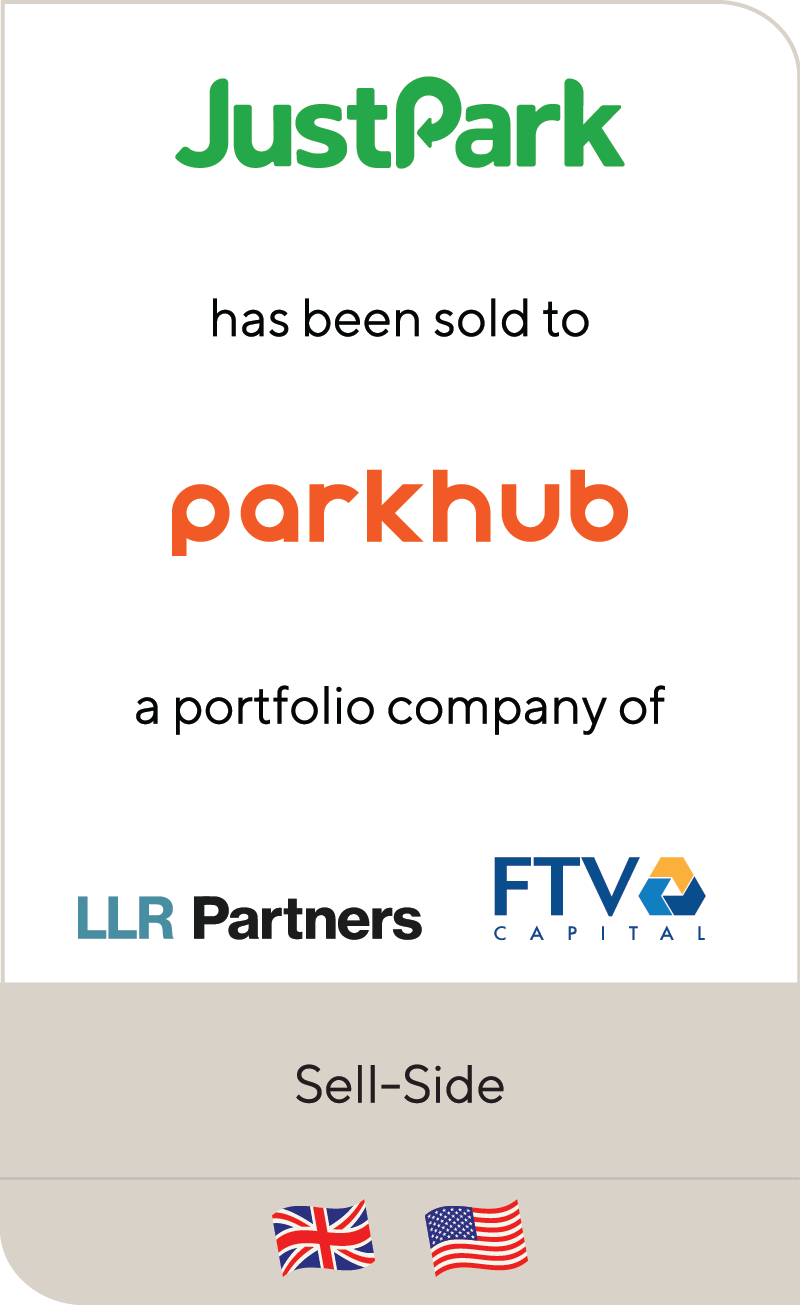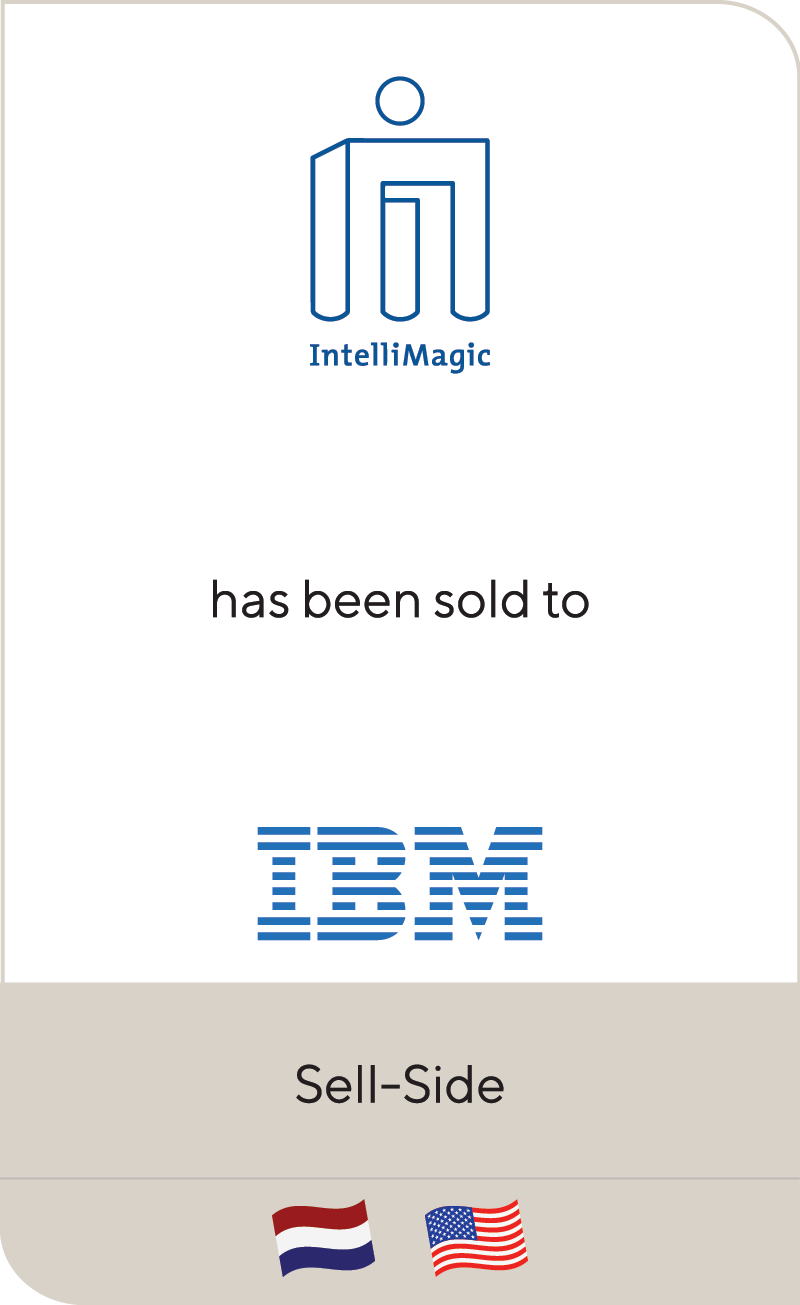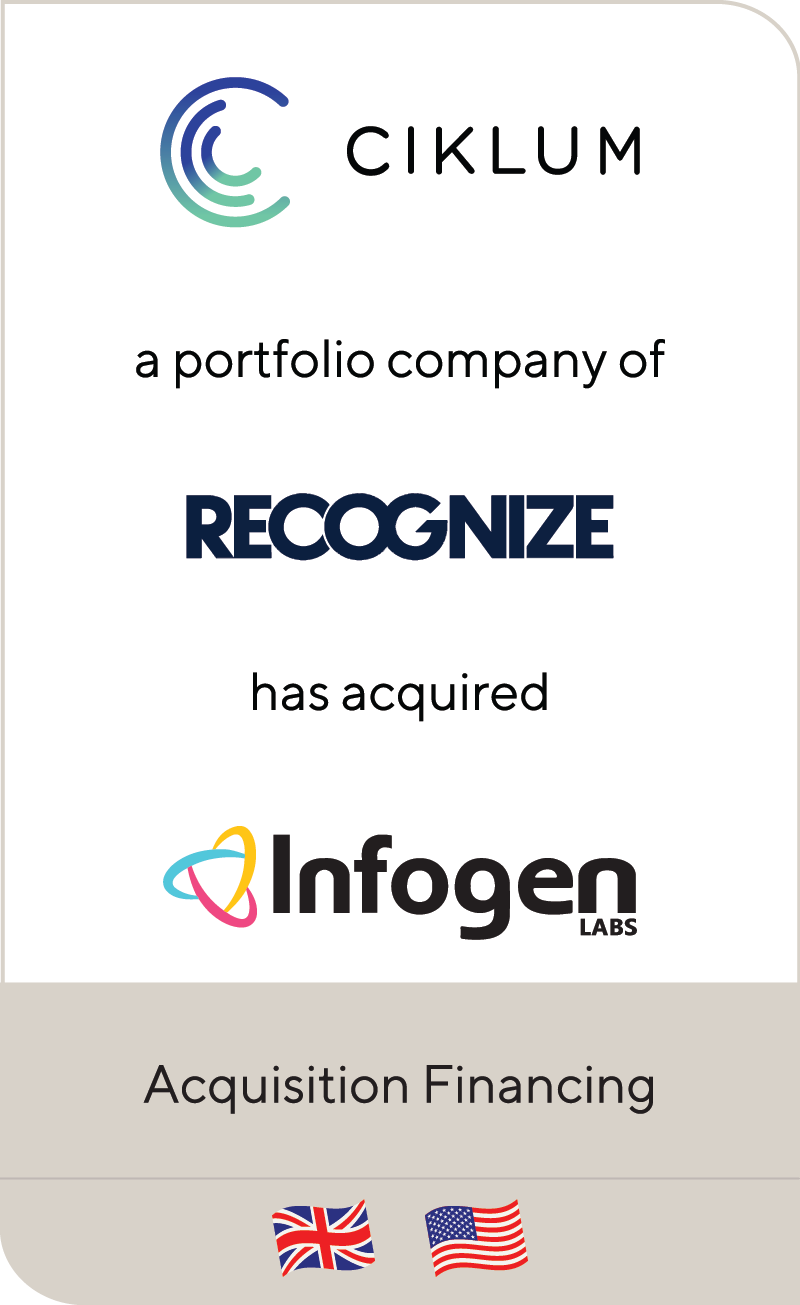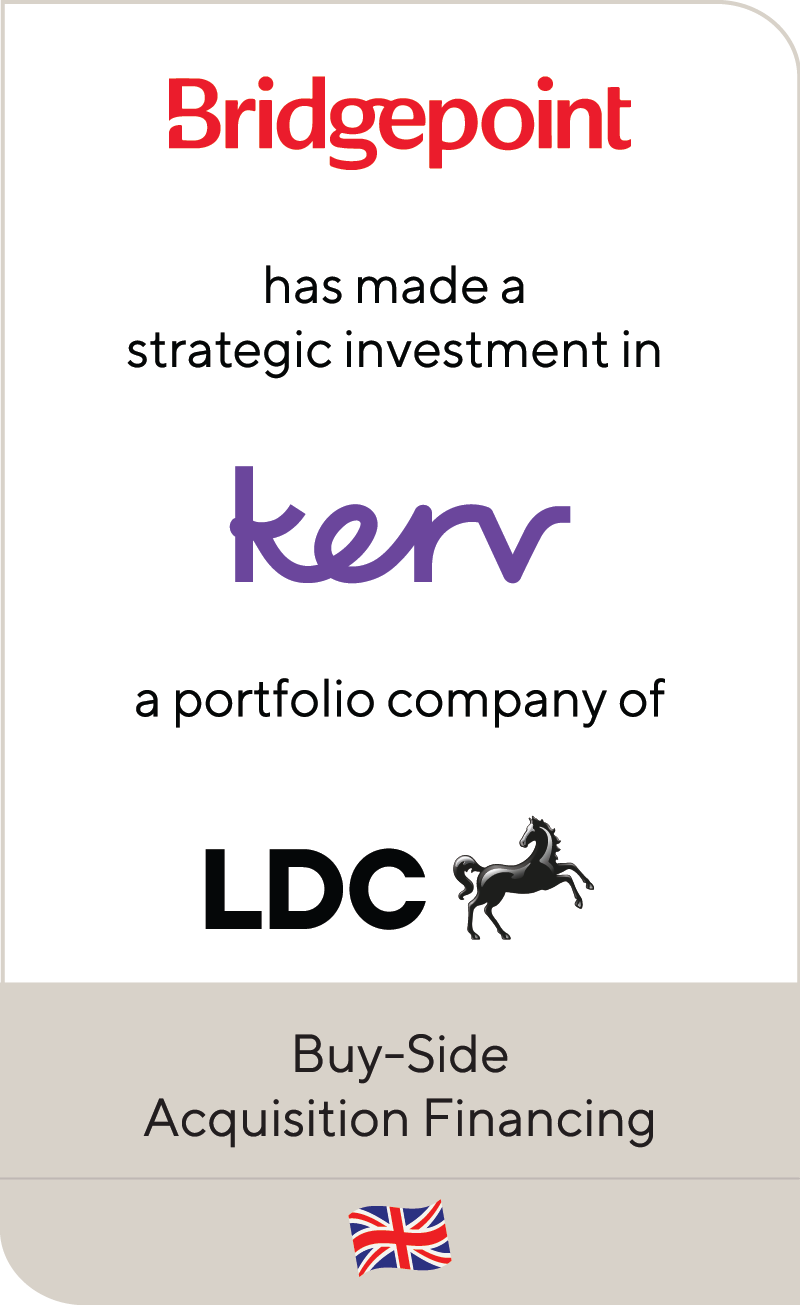Private Equity Pursues Investments in Engineering and Manufacturing Software Sector
Mar 2022
Engineering, simulation and manufacturing software is in high demand as companies across industries shift toward digitizing processes. From the early stages of product design and simulation to manufacturing and usage in the field, these software solutions enable more reliable, efficient and cost-effective outcomes.
In the last few years, investor demand for engineering, simulation and manufacturing software has generated heightened valuations nearly double previous levels, with some investments generating outlier returns. What was previously a target for highly specialized funds or large strategic players has become an important investment opportunity for private equity writ large.
Lincoln International expects valuations will continue to rise due to the technical barriers to entry in the sector. This area of extremely sophisticated technology is often developed by highly skilled engineering teams with a considerable amount of intellectual property and trade secrets. In addition, many companies in this area have a long-standing history and research around an engineering discipline or access to industry experts who develop products to address critical gaps in existing solutions. Further, recent supply chain challenges have solidified the importance of simulating design and digitizing manufacturing processes instead of relying solely on physical prototyping of products and processes to get to market. Together, these factors have generated significant deal activity in the engineering, simulation and manufacturing software space over the last two years—and activity shows no signs of slowing.
Summary
-
Lincoln International discusses the factors that have generated significant deal activity in the engineering, simulation and manufacturing software space over the last two years.
- Click here to download a printable version of this perspective.
- Sign up to receive Lincoln's perspectives
The Digital Thread Enabling the Manufacturing Loop
Historically, companies designed a product, physically built a variety of samples, stress tested the samples, maintained various data silos across the development and manufacturing process and manually collected maintenance and performance data once the product was in the field, before refining it over time to make design or manufacturing enhancements.
Today, software can digitize many of these processes across each of the four stages in the product lifecycle. When connected, the various software capabilities can form a digital thread that enables real-time insights across the manufacturing loop to continuously improve a product.
Software that connects data and insights across multiple stages of the product lifecycle creates greater efficiency, better products and designs, and can lead to cost reduction and optimization. Investors are prioritizing opportunities for consolidation across the manufacturing loop to create a stronger end-to-end offering.
Lincoln Perspective
Continued deal activity has supported the thesis that future investment in the engineering, simulation and manufacturing software space will continue to increase as companies demand digitized and interconnected processes. To capitalize on this momentum, Lincoln has identified several market conditions of note:
| Software as a Service (SaaS) Model Holds Appeal: In evaluating investment opportunities, it is important to understand if a company has built a SaaS offering or if it will transition to a cloud-based model in the near future. Due to the technical requirements of existing solutions, cloud-based software is nascent in this space and will be a growth driver going forward. Advances in cloud services and novel approaches to addressing the intense computing requirements of solutions in this space will result in increased adoption of cloud-enabled technologies in the near-term, which will subsequently help further connect the various solutions and processes across the manufacturing loop. Ultimately, greater adoption and advancements in SaaS solutions will result in more predictable, recurring revenue streams, as well as offerings that are easier to use and more accessible across engineering teams and data silos.
Industries with Longer Product Design Cycles: Companies that develop engineering, simulation and manufacturing software across industries with development cycles spanning multiple years can ensure a longer time horizon of profitability. The high complexity and cost associated with these processes across industries like aerospace and defense, automotive and industrial drives more demand and higher valuations. Capability Gaps Among Strategics: For many private equity players, there’s opportunity to sell engineering, simulation and manufacturing software assets to a strategic down the line. In building out a portfolio, it is important to understand strategics’ existing software capabilities, gaps and future needs. Understanding how a particular software offering fits into the broader ecosystem and the potential opportunities for partnership or collaboration will position funds for more profitable exits. Advisors with Both Industry and Transactional Experience: Successfully navigating this complex and highly technical landscape requires an advisor with both deep industry knowledge and transaction experience. The advisor must be able to liaise between target companies often managed by highly technical teams and the fund managers focused on the investment fundamentals. Our Technology, Media & Telecom Group at Lincoln includes specialists in engineering, simulation and manufacturing software who have a pulse on the industry and have deep experience on recent sector transactions. |
Contributor
Meet Professionals with Complementary Expertise in Technology, Media & Telecom

I am inspired by working with entrepreneurs and innovators who feel passionately about what they are creating.
William Bowmer
Managing Director
San FranciscoRelated Perspectives in Technology, Media & Telecom

“Leader to Leader” Series
The Leader to Leader video series turns up the dial on rich conversations with prominent leaders – from business owners and entrepreneurs to investors and CEOs – highlighting their stories… Read More

EMS Quarterly Review Q4 2023
In Q4 2023, the EMS industry continued to navigate uncertainty in the market, but its overall resilience continues to prove true. However, the normalization of inventories and reduced visibility on… Read More

Lincoln International adds Lalit Kasat as Managing Director in London
Lincoln International, a global investment banking advisory firm, is pleased to announce that Lalit Kasat has joined as a Managing Director in the firm’s Technology, Media & Telecom (TMT) Group… Read More




















